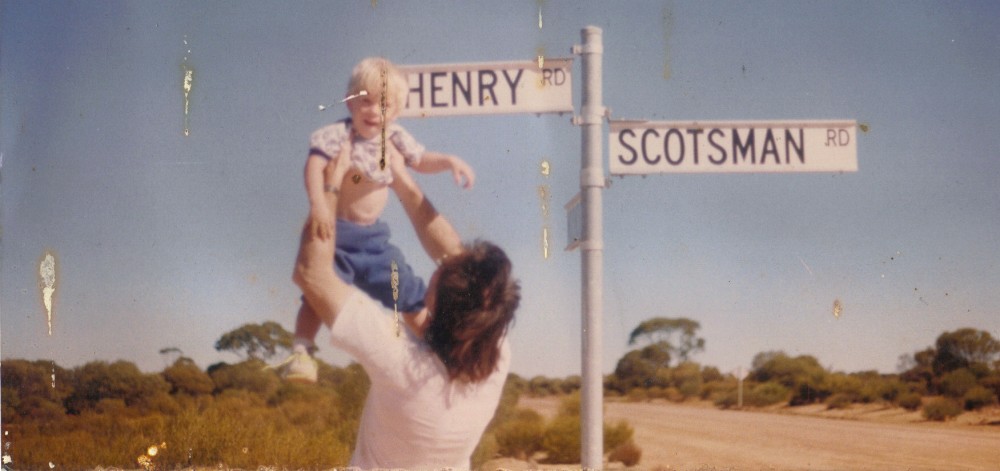Following on from the last post, let’s stay with songstuff. You may be wondering how a title and an undeveloped couplet comprise ‘songstuff’. Don’t you need to have the whole song fleshed out before you can talk about content?
No, because you won’t be writing the song that way. Even if you share the stage of being able to write effortlessly to order, you will find yourself assembling the pieces. Every writer is probably different, but they can still only put the song together using its components. Theirs are the many happy accidents that can happen once the idea comes together.
There isn’t anything in the news I want to touch so lets stay off topical currency and look at how songs announce themselves. We’ve been looking at the part narrative plays; albeit in its offshoots and aspects, and I do see a central role, if not a defining one, in the songwriter’s armoury. Even if, paradoxically, writing a song as if you were writing a story is limiting and fraught, if that’s what you feel obligated to do.
If you are going for the story song, consider ‘Hurricane’ by Bob Dylan. It starts off “Here comes the story of Hurricane/the man the authorities came to blame/for something that he never done”. Whether Reuben Carter was falsely tried, the intent of the song; its meaning, is right there. So put away your Dylanology essay sheets for now.
“Here comes the story” instead of “This is the story” helps to roar into that story but that’s just a bonus coming from the master.
You achieve a similar effect with “Let me tell you ’bout the birds and the bees/and the flowers and the trees/And a thing called love” except there it’s the captive audience without the promise of a story. I’m just going to tell you about a whole bunch of stuff, in song.
Another way of declaring that you’re telling the listener a bunch of stuff in song is in the chorus of ‘Gypsy Queen’ by Adam Harvey, “Well I’m singing for the dark and lonely highways/I’m singing for the rivers and the seas/I’m singing for the country roads and byways” What’s instructive in that song is not that it returns to a familiar patina about who will sing for [the narrator], but that it launches into an explanation of what he or she is doing. Singing about the fact you are singing, but doing it artfully and so it fits in the song.
The statement of intent is not a feature that makes a song more honest, even if that is what it aspires to be. A formless song that documents loss is going to have a resonance beyond its technical limitations, while a dexterous work that has no feeling is less successful.
Songs that aren’t telling you any more than you want to hear are an essential part in the industry that keeps music making a viable option. They allow songs that don’t flinch from telling it like it is to be published and performed.
There’s no need to introduce yourself at all. A song doesn’t have to announce its presence or revel in its construct. Nor does its writer.
